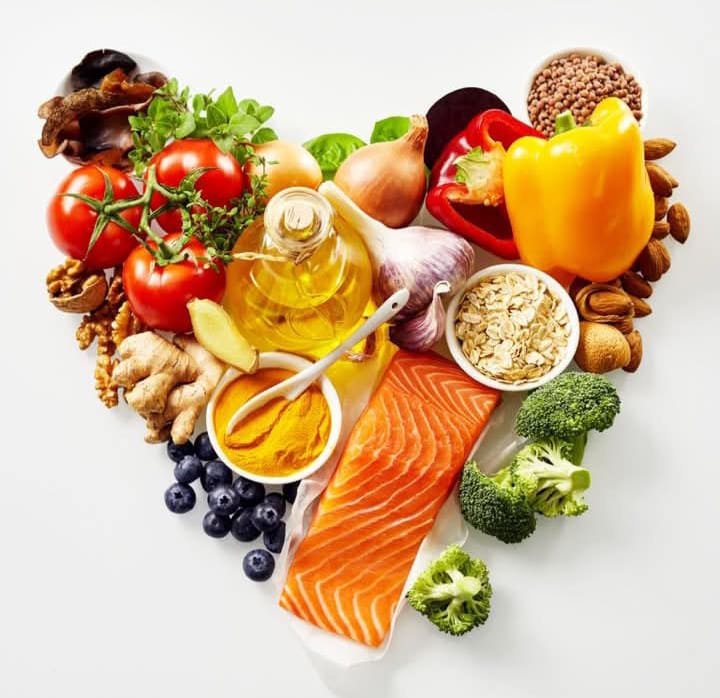"Maximizing the Value of Spices in the Kitchen: Discovering Flavors and Health Benefits
The diverse and comprehensive world of spices and aromatic herbs represents a fundamental cornerstone in the realm of cooking, granting foods distinctive flavors and a wonderful aroma that tantalizes the senses, enhancing the pleasure of savoring meals. Although their nutritional value is often limited, their effective impact on improving food flavor and stimulating appetite is invaluable.
Spices are added to dishes in small quantities, as a subtle touch of dried spices like black pepper or paprika brings a noticeable change to the dining experience. To maintain their quality and freshness, storing spices in airtight containers or compressed metal bags is essential to preserve their flavorful essence.
In addition to enhancing flavor, spices play a significant role in stimulating digestion processes and protecting food from spoilage and mold. However, using them cautiously is crucial, as excessive consumption can lead to diminished taste sensation and digestive disorders.
Spices are categorized into three main groups: fresh, dried, and ground. Pepper, coriander, cardamom, saffron, ginger, and garlic are examples of spices found in these different categories.
Furthermore, spices are distinguished by their vast diversity, encompassing fruits like pepper, coriander, and vanilla; seeds like cumin, nutmeg, and anise; leaves like thyme, cumin, and parsley; and roots like ginger and horseradish, even including acidic spices such as vinegar and grape juice.
Spices and aromatic herbs are an indispensable part of our daily kitchen. They aren't merely ingredients to enhance flavor but also a source of multiple health benefits, serving as essential partners in preparing delicious and healthy food simultaneously. Enjoy a diverse experience with spices and explore new flavors that will enrich your culinary life.
Spices also carry tangible health benefits. For instance, turmeric, a wonderful spice, contains potent antioxidants attributed to numerous health benefits, such as boosting the immune system and reducing the risk of inflammation.
When using spices, you also have the opportunity to showcase your cooking skills. By using a blend of appropriate spices, you can prepare unique and flavorful dishes. For example, use the right spice blends to prepare distinctive dishes from the Middle East, India, Mexico, and other global cuisines.
As for fresh herbs, they add a touch of freshness and wonderful flavor to food. Mint can be used in salads, and fresh aromatic herbs like parsley and coriander in main dishes to add a rich and distinctive flavor.
The value of spices isn't limited to cooking alone; they can also be used in making beverages such as tea and carbonated drinks to add a special touch of flavor and aroma.
In conclusion, spices and aromatic herbs are not just food additives; they are tools that transform cooking into an art. By using them wisely and moderately, they enrich the dining experience, making it more satisfying and enjoyable."
Chef Ahmad Maadarani



